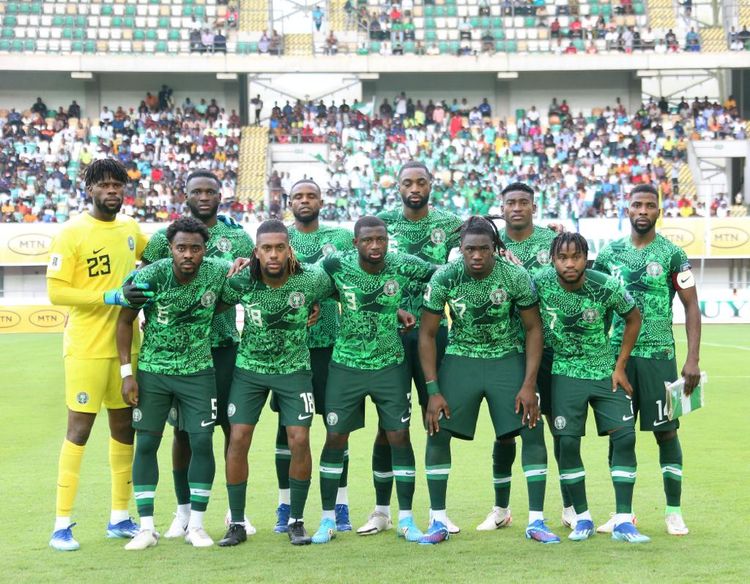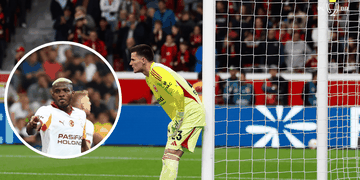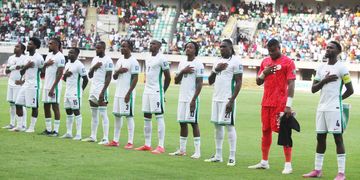The Super Eagles of Nigeria are slated to resume camp for their 2025 Africa Cup of Nations double header clash against the Libya, Soccernet.ng reports.
Meanwhile, the late announcement of the squads by the Nigeria Football Federation (NFF) media unit just two days before the camp opening is starting to become an all-too-familiar pattern.
While such timing might have once been a shocking irregularity, it now seems to have become the norm in Nigerian football, and it raises questions about the long-term consequences for the country’s football management and its impact on performance.
However, before now, a report from some local media reveals that players who are meant to play the two games have received itineraries for their move to the camp.
View this post on Instagram
This is unknown to the Nigerian football community, who believe that just like every other team around the world who released their squad list last week and had time for a presser to discuss why a player was picked and dropped, would have been adopted by the Nigerian football body.
A Pattern of Delays
This is not the first time the NFF has been accused of releasing squad lists at the eleventh hour. Nigerian football fans have grown accustomed to these delays, with squad announcements often made just days—or even hours—before key fixtures.
Such lateness not only causes confusion among fans but can also lead to logistical nightmares for players, particularly those travelling from clubs abroad.
Critics have long expressed concern about the potential fallout from such disorganization. The lack of sufficient preparation time impacts player cohesion and tactical planning.
The Impact on Players
For players, the delay in squad announcements can be more than just an inconvenience. Many Super Eagles stars ply their trade in Europe, where they adhere to strict training regimens.
Knowing they are part of the national team in advance allows them to mentally and physically prepare for the transition from club to international duty.
When announcements are made at the last minute, it leaves players scrambling to arrange travel, mentally reset, and adapt to the expectations of a different manager or tactical system.
Additionally, the NFF's last-minute announcements could strain relationships between players and their clubs. Many European clubs are already hesitant to release players for international duty, especially when long-distance travel is involved.
Add to that the uncertainty around squad selections, and the situation can become frustrating for both players and clubs.
Can the NFF Turn Things Around?
The big question remains: Why does the NFF continually fall into this trap of delayed announcements? Insiders have pointed to bureaucratic bottlenecks, a lack of streamlined processes, and internal power struggles as possible reasons behind the delays.
While the NFF has not provided a clear explanation for the recurring issue, many feel that Nigerian football will continue to suffer without serious reforms.







Why do you have to misinform people about the process of player invitation. You of all people should know what FIFA rules stipulate on players’ invitations for National team matches and should know that players and their clubs would have gotten their respective letters since long, otherwise, it would be on the clubs prerogative to either release or hold on to their respective players.
Please, you journalists are a very important to the society at large and should be responsible in your research doing.
Thank you
It would only make sense of the players have already been informed earlier and not publicly known to the media. If that is not the case, then it’s really unfortunate and must change.